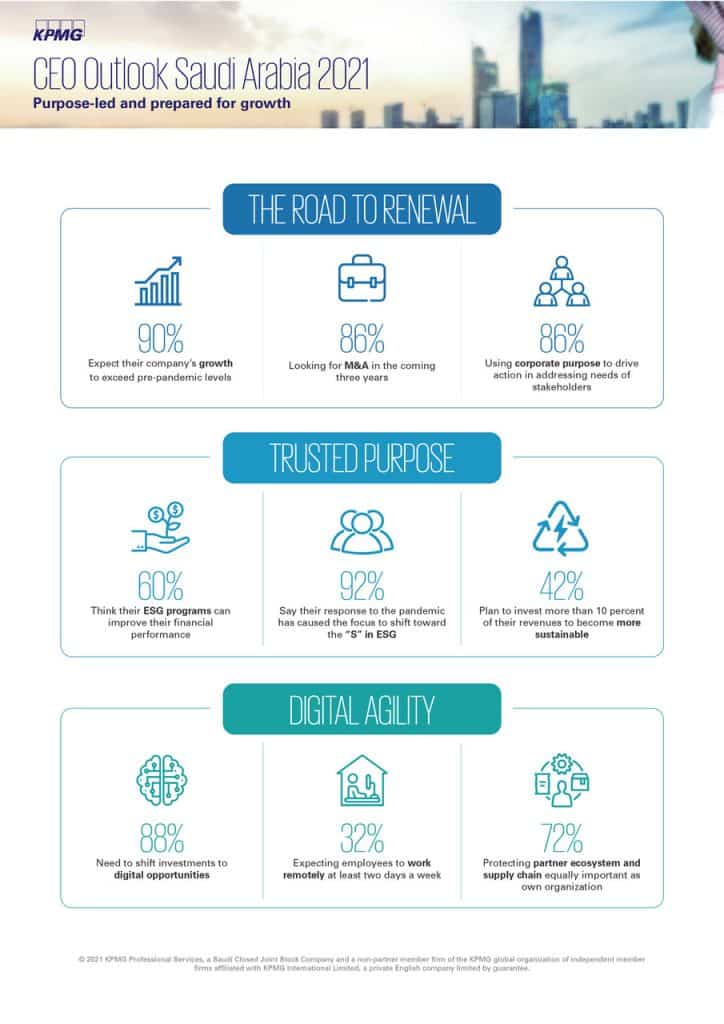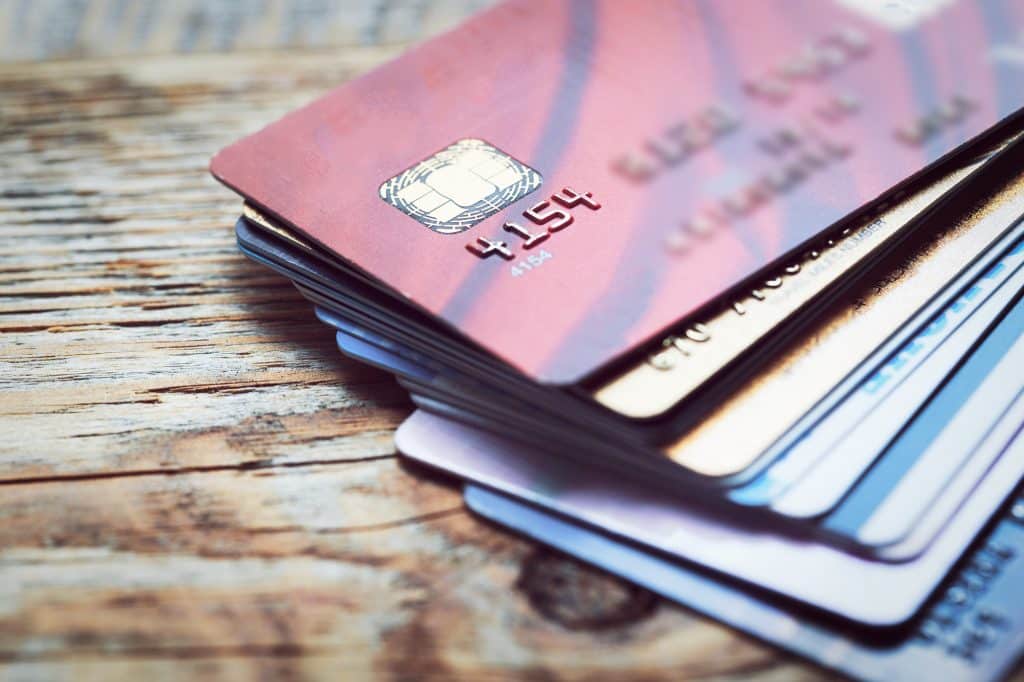Digital banking is a combination of mobile and online banking. Customers expect banks to create a banking experience culture that cultivates trust, nurtures their needs, customizes and surpasses expectations. A digitized banking experience ensures easy access across multiple devices, enhancing accessibility. Using live assistance tools like video chat and co-browsing, banks can provide real-time support, building loyalty.

Customers want relevance and customized service. Using CRM software, banks gather insights into the customer journey, helping them deliver customer support. Digital banking safety is a significant concern for many customers. This is why banks should make customers feel secure when sharing personal information online. Here are ways to improve the digital banking experience.
Offer digital onboarding
Customer onboarding starts with applying a new account or service and goes on until the customer is fully engaged. While some banking institutions have part of their process digitized and require physical engagement to complete onboarding, consumers expect ease of completion and use security, digital documentation, and authentication capabilities that will streamline the whole process. When you integrate an ID card scanner into your apps and websites then combine it with optical character recognition technology, ID data is gathered and auto-filled in no time.
Promote mobile selling
As consumers continue to embrace digital banking channels, many in-person sales opportunities are also going digital. Consider personalizing product and service messages then make it possible for clients to purchase through a digital channel mainly because mobile access exceeds branch visits. Need-based services powered by advanced analytics are the way to go.
Include a real person option
Automated customer service options have become standard across several industries. While most of these services can only assist with the most basic requests, providing customers with real-time customer services when they can’t find what they want or have complex issues they need to be solved can boost their digital banking experience. You also include a live chat option for real-time assistance.
Leverage big data and analytics
To gain a sustainable competitive advantage with digital banking experience, understand your customers. Look at your customer’s banking experience and leverage the available data to improve the retail banking experience. Through analytics, banks can access insights to evaluate opportunities, segment customers, and enhance the customer experience for digital banking experience.
Keep mobile apps up-to-date
As customers continue to embrace mobile banking, banks should ensure that the experience is safe and seamless. Constantly updating banking apps allows you to get rid of old and dysfunctional features for more improved, secure, and fast-performing mobile services. Up-to-date mobile apps have fast loading times, improving user experience.
Talk to customers
Banking experiences are all about the customer. This is why they shouldn’t second guess the kind of experience customers want. To improve the digital banking experience, consider asking your customers’ perception of your services and what you can do better. You can survey email or leave a form on the mobile app for your customers to fill in whenever they log on. This can give you a lot of insights that you can use to customize the digital customer experience.
Endnote
Digital banking technology has streamlined most of the processes, making it easier for the consumers. Customers hold the key to success for banks. This is why every digital banking experience should be customer-centric.








